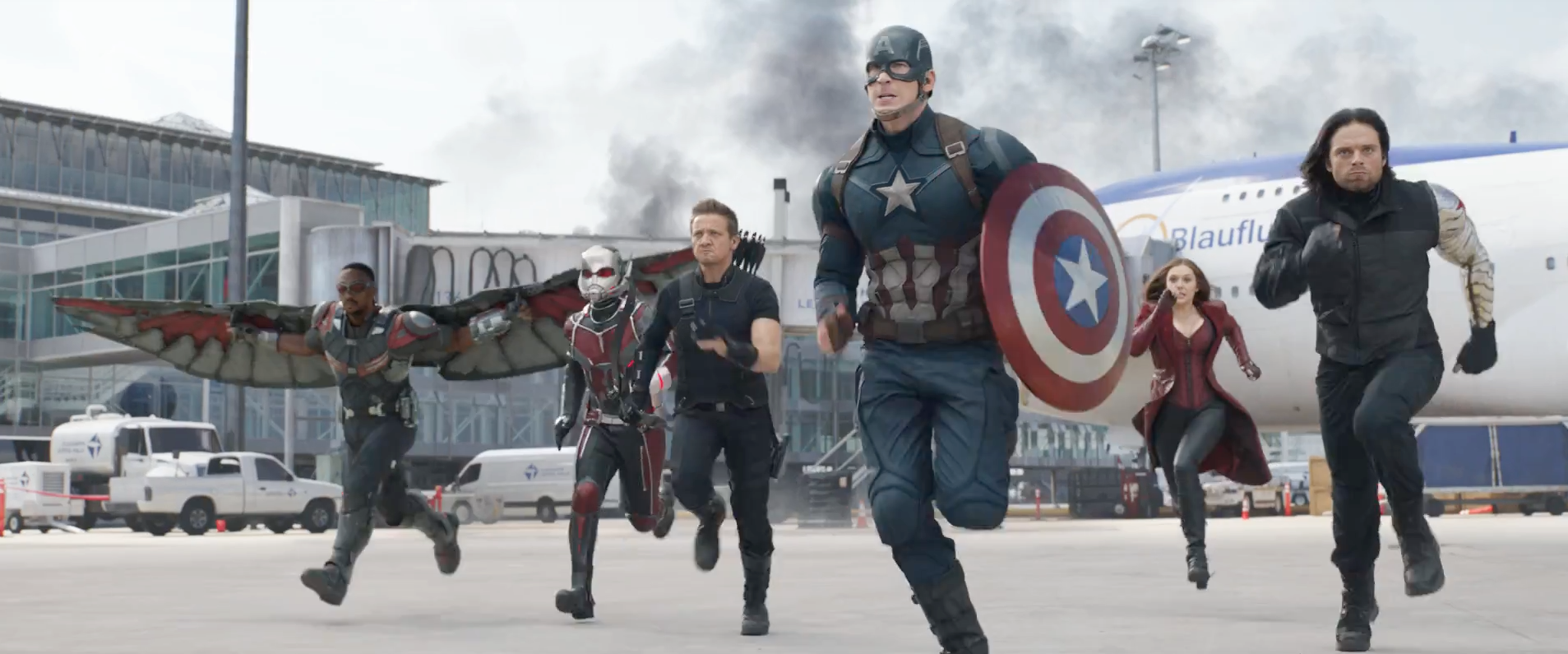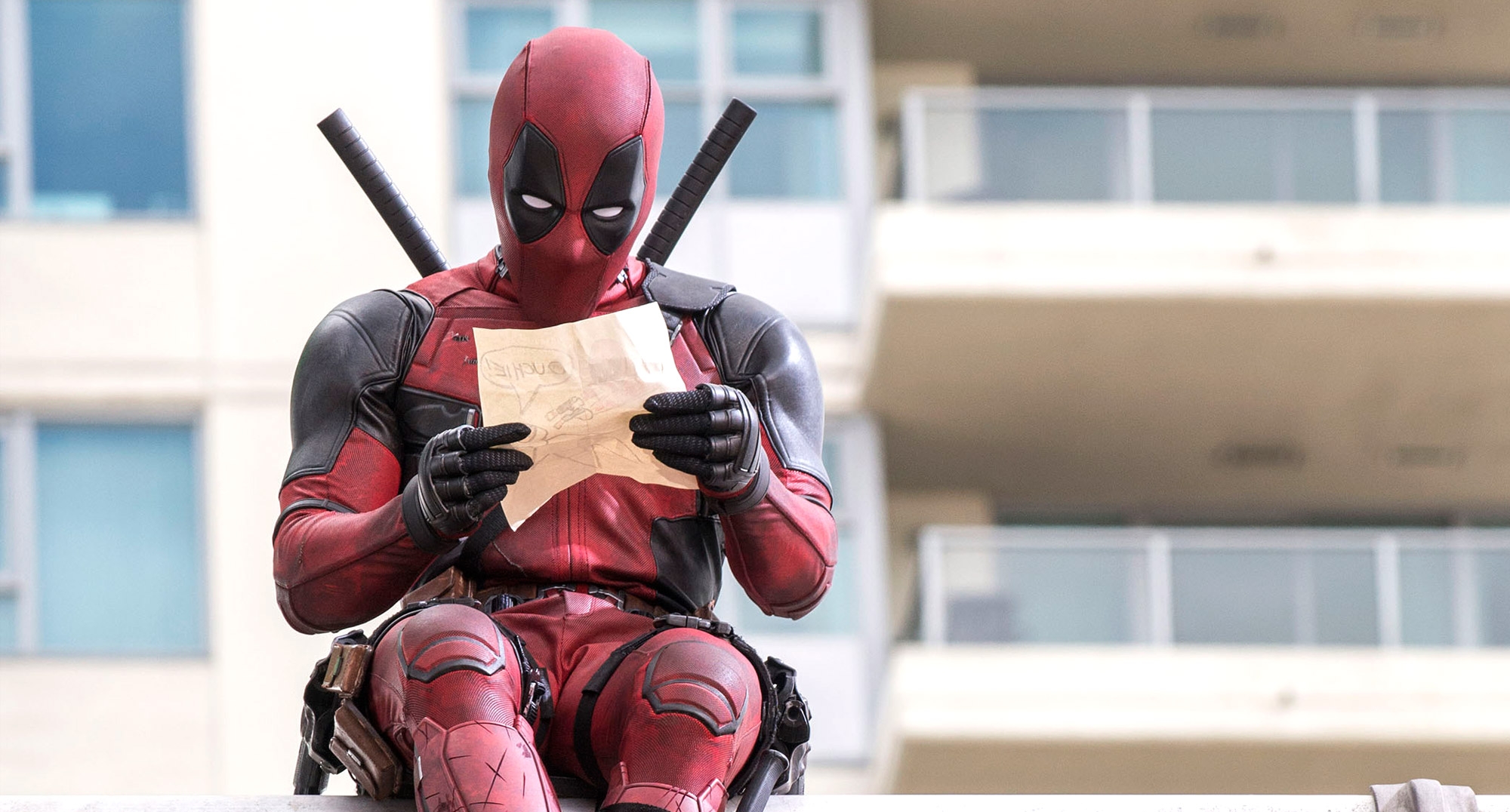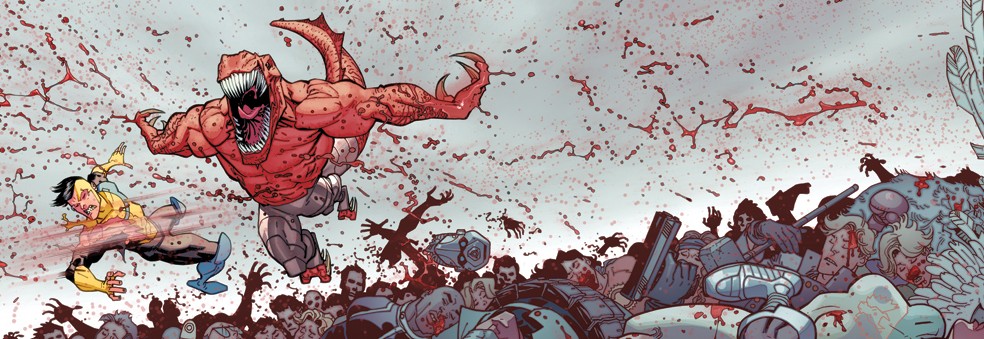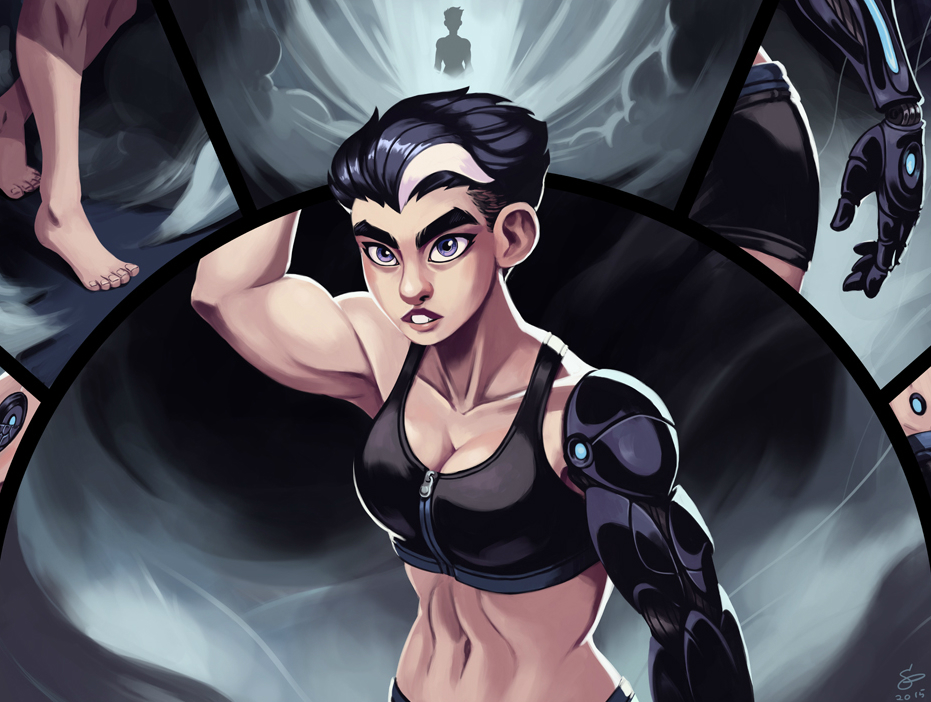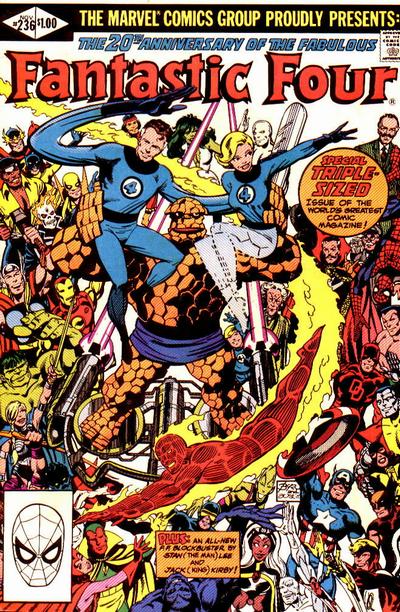by Nick Rocco Scalia
ATTENTION! Spoilers for Captain America: Civil War Follow.
By now, you’ve undoubtedly seen Captain America: Civil War. You’ve weighed in on where you stand with the Cap-vs-Iron Man conflict, you’ve breathed a sigh of relief that newly-introduced characters Black Panther and Spider-Man were handled with care, and you’ve thought back – maybe already gone back – to all of the superior-quality Marvel Cinematic Universe banter, spectacle, and world-building that’s in the movie.
Me? I’m hung up on something that’s not in the movie.
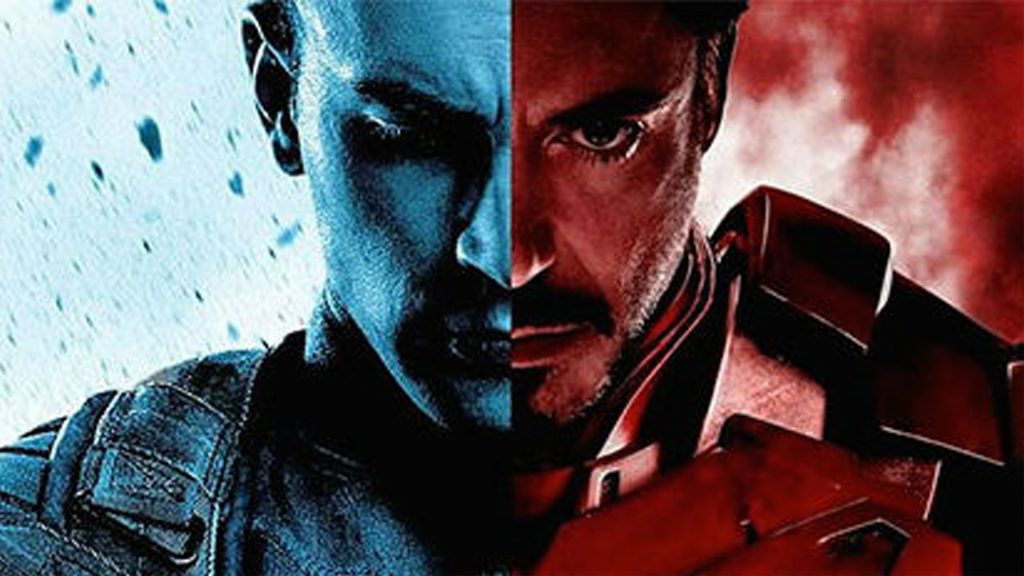
Let’s backtrack a bit: we knew going in to Civil War that the film would do something a bit different from what the eight years’ worth of previous MCU movies attempted. This would be the story in which the cohesive unit that was The Avengers, whose teamwork and camaraderie were the backbone of previous franchise installments, would be splintered along ideological lines, pitted against each other rather than some world-threatening “big bad.” With their often refreshing commitment to character development, the MCU films leading up to Civil War ensured that audiences would care enough about Steve Rogers and Tony Stark – not to mention the rest of the team – that they’d feel legitimate concern, sadness, and hope for resolution when the two heroes found themselves on opposite sides of a conflict whose stakes were not only physical but also emotional.
The weight of all that was encapsulated with absolute perfection in a moment from Civil War‘s trailer. In the midst of a knock-down-drag-out punch-up between Steve Rogers/Captain America (Chris Evans) and his former brother-in-arms Tony Stark/Iron Man (Robert Downey, Jr.), Cap tersely explains why he’d risk his life and reputation to protect the wayward Winter Soldier “Bucky” Barnes: “He’s my friend.” Stark’s reply? “So was I.”
This is a rather devastating moment of pathos in a trailer that, for the most part, focuses on the traditional trailer business of setting up the film’s story and showcasing tantalizing glimpses of super-powered derring-do. It’s Downey’s delivery that really sells the line; it’s so full of heartbreak, regret, and resignation – maybe even an ever-so-human hint of jealousy that Steve’s loyalty lies elsewhere – that, even for those who staunchly side with Captain America, it’s all but impossible not to sympathize with Stark. The moment is made even more powerful by its staging essentially as an aside to the audience; we see Stark’s face inside the Iron Man suit when none of the other characters can, and thus his pain is shared only with us.
This transcendent bit of grace and gravitas is the most striking moment in the Civil War trailer, and it was no small disappointment I felt that it’s not present in the final cut of the film. Evans’s “He’s my friend” remains unchanged, but the reverse shot of Downey is an entirely different take: his “So was I” is curt, suffused with anger, not quite a throwaway but more of an obvious and expected rejoinder that doesn’t alter the underlying emotions of the surrounding fight in any meaningful way.
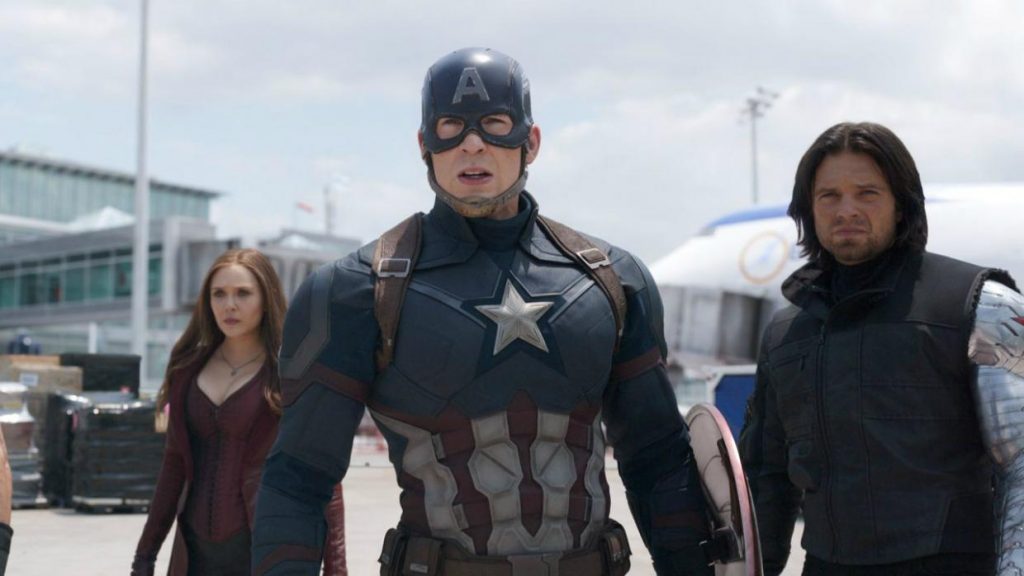
Of course, this omission doesn’t ruin the film – directors Anthony and Joe Russo and writers Christopher Markus and Stephen Feely continue to prove their worth to this franchise throughout. Still, it’s hard not to feel a little saddened that the emotional blow of that line delivery was somehow deemed unsuitable for the film. Maybe the change was made so as to not pull the audience’s sympathy too far away from the title character; maybe it too drastically halted the otherwise rip-roaring pacing of the film’s key fight sequence. But, whatever the case, it seems like fans lost something important there: maybe one of the most succinct and powerful arguments yet that superhero blockbusters can and should be “real” movies, with characters as fully realized as any in the modern American cinema. The MCU has worked so hard and often been so successful at proving this, and it’s baffling – and, frankly, a bummer – that it would leave such a winning and wonderful example of it on the proverbial cutting room floor.

